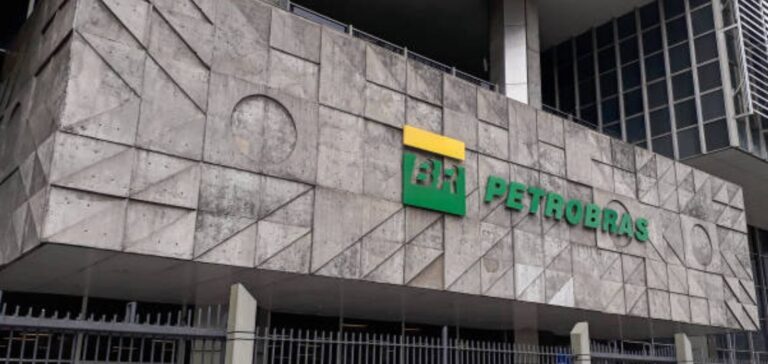Petrobras, Brazil’s national oil company, is showing a keen interest in the Mopane block in Namibia, currently majority-owned by Galp Energia SGPS S.A. With a non-binding offer already submitted, Petrobras is seeking to acquire a 40% stake in this promising block.
However, Petrobras will not pursue this acquisition alone, integrating at least one partner in this transaction.
Petrobras background and strategy
The choice of Namibia is not insignificant.
The region has recently attracted the attention of major oil companies due to several major discoveries along its coast.
Galp Energia, which currently holds 80% of the Mopane block, plans to sell half of its stake, representing a strategic opportunity for Petrobras. Sylvia dos Anjos, Director of Exploration and Production at Petrobras, confirms the company’s interest in this offshore block.
Although the precise details of the transaction have yet to be worked out, it is clear that this initiative is aimed at strengthening Petrobras’ reserves in a dynamic international context.
Financial Analysis and Associated Risks
According to analysts at BTG Pactual, the value of the 40% stake in the Mopane block could amount to around $4 billion, taking into account a recovery factor of 25% of estimated reserves of 10 billion barrels of oil equivalent.
This potential acquisition, combined with the planned purchase of two refineries in Brazil, could increase the financial risks for Petrobras, particularly in terms of maintaining dividend payments.
To mitigate these risks, the integration of partners in this acquisition is a strategic move.
By sharing investments and responsibilities, Petrobras can dilute the technical and financial risks associated with exploring new oil blocks.
Outlook for Petrobras and the Namibian market
Namibia is positioning itself as a key player in global oil and gas exploration.
The reserves in the Mopane block represent a major opportunity for Petrobras, especially at a time when the company is facing challenges in obtaining environmental licenses in Brazil.
This geographic diversification will enable Petrobras to strengthen its international presence and secure future supplies.
Galp Energia, for its part, sees the sale as an opportunity to rationalize its assets and capitalize on recent discoveries in the region.
For both companies, this partnership could prove mutually beneficial, while consolidating Namibia’s position on the global energy map.
Petrobras’ acquisition of a 40% stake in Galp Energia’s Mopane block in Namibia, with the strategic inclusion of partners, reflects a prudent and calculated approach to increasing its reserves while diversifying its risks.
As Namibia continues to emerge as a new center for oil and gas exploration, this initiative could play a key role in Petrobras’ energy future.






















